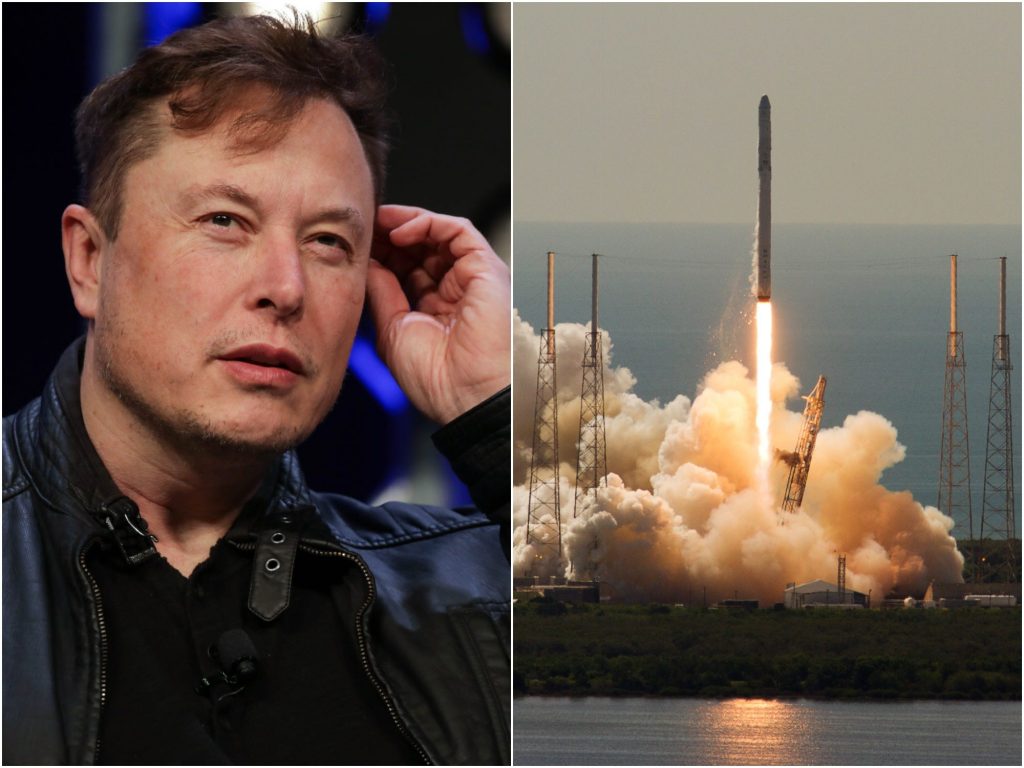- SpaceX's expansion of its Texas rocket site correlates with falling bird numbers, officials say.
- The Fish and Wildlife Service told the FAA that the drop may be linked to rocket tests.
- SpaceX wants to expand the site with another launch and landing pad ahead of a Starship rocket launch.
The expansion of SpaceX's rocket launch site in south Texas has correlated with a decline in some bird species in the surrounding area, according to the US Fish and Wildlife Service (FWS) said.
In a draft biological and conference opinion to the Federal Aviation Administration (FAA), shown in CNBC and Bloomberg reports, the FWS said SpaceX's growth in the Boca Chica area has had a negative impact on endangered shorebird species. These include the snowy and piping plover.
Elon Musk's space company wants to expand its Texas rocket site, Starbase, by adding a second launch and landing pad where the company's huge Starship rocket can lift off from. The area where SpaceX is building comprises many habitats and wetland ecosystems.
"It is not clear what happened to the 'missing' plovers, but if SpaceX activities have resulted in the loss of over half the Boca Chica population then the entire critical habitat is being impacted," the FWS said in its letter.
The reasons behind the "missing birds" could include death from rocket tests and explosions, loss of habitat from rocket debris recovery, injury to internal organs from testing, and displacement because of loud noise and operations, the FWS said in the letter.
SpaceX and the FWS didn't immediately respond to Insider's request for comment.
The wildlife agency's letter was part of the FAA's environmental review of SpaceX's plans at its Boca Chica rocket launch site. The review, which started in July 2020, has been pushed back multiple times but the FAA said it wants to complete the assessment by May 31.
SpaceX can only carry out orbital launches of the Starship rocket once the FAA finishes its assessment and gives the company the green light. Musk has previously said Starship will probably fly into orbit for the first time this year.

